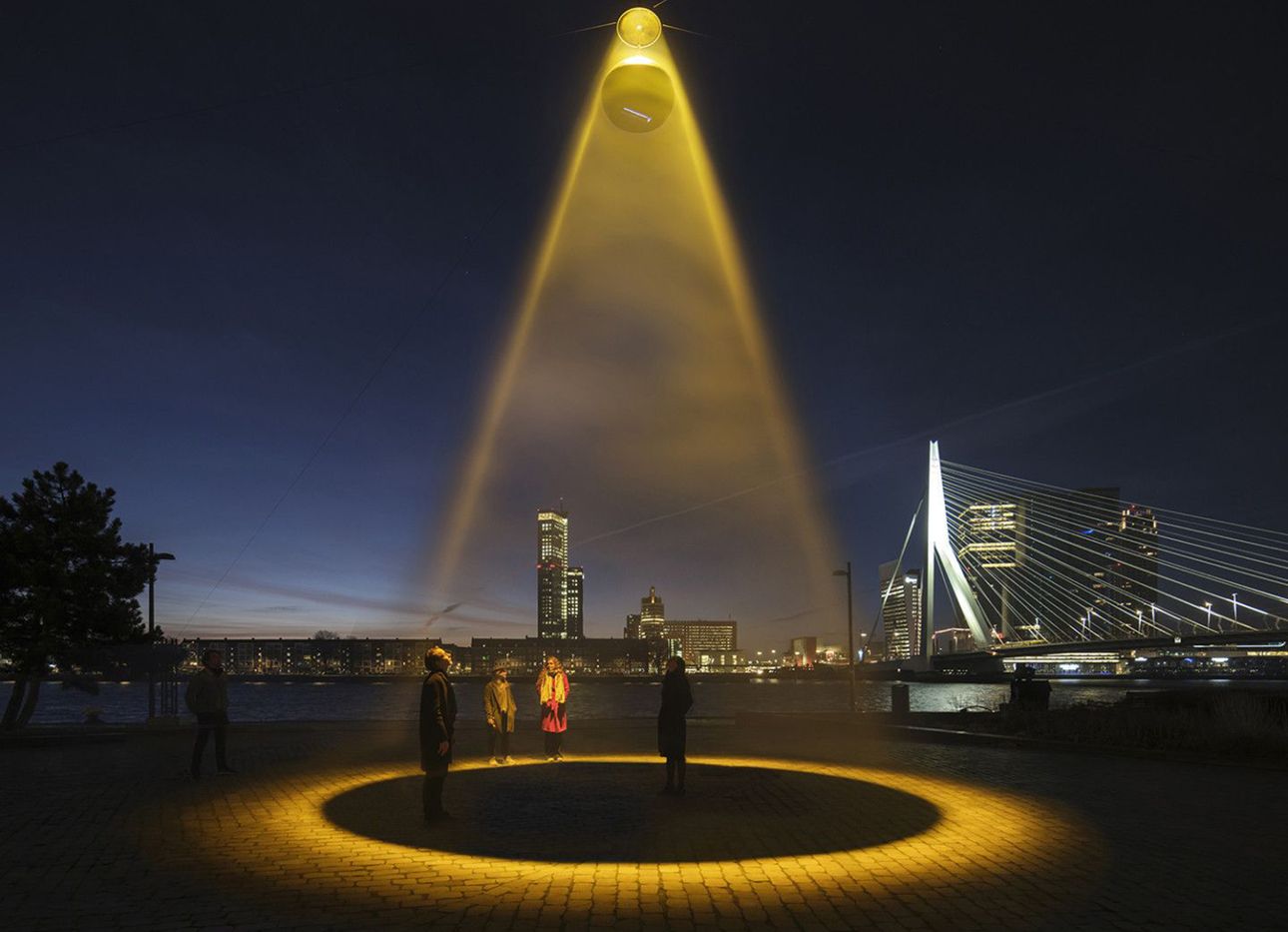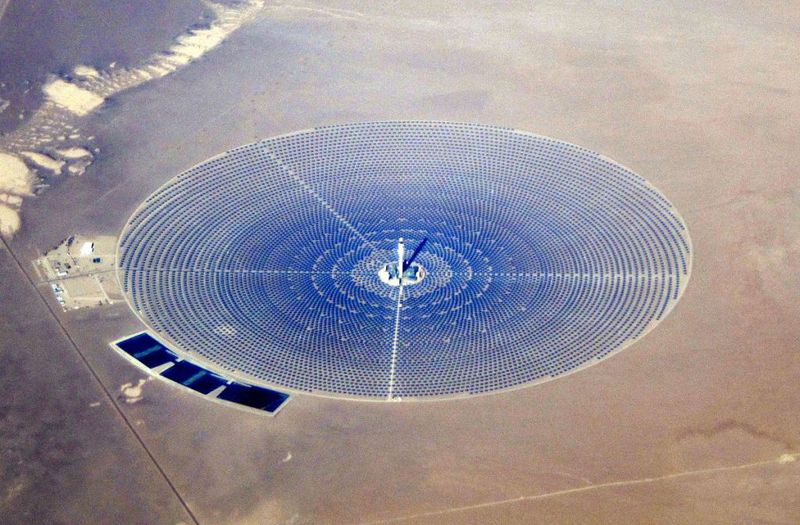
An Energy Summit in the Netherlands Imagines a Solar-Powered Future
As changes in weather patterns, economic realities, and public perception have triggered a wave of climate consciousness over the past few years, renewable energy sources have enjoyed a newfound level of attention, no longer relegated to the status of a far-off potentiality, but elevated, at least in the nebulous promises and sloganeering of powerful institutions, to that of an urgent necessity. Included in all of this is the long-sputtering industry of solar power. Factoids like how an hour and half worth of sunlight hitting the earth could provide the world’s total energy consumption in a year have been employed to tease out the industry’s transformative power for decades. Now, with technological advances making solar energy cheaper and more efficient than ever, it seems better poised than ever to take on a greater role in weaning humanity off of its fossil fuel and coal dependencies.
In the Dutch city of Rotterdam, an attempt to grasp onto this newfound momentum is set to take place with the first-ever Solar Biennale, a seven-week series of events spanning the months of September and October. The Biennale exists around the idea of reframing solar energy, focusing not on its often touted technical or economic aspects, but how it could fit within the framework of our everyday lives, and how it can complement the values we hold dear on an ecological as well as personal level.
The Biennale was conceived of by solar designers Marjan van Aubel and Pauline van Dongen, who will be bringing together all manner of creatives, professionals, and researchers through the program, beginning with a central exhibit at Het Nieuwe Instituut in Rotterdam and concluding with a solar pavilion on display at Dutch Design Week in Eindhoven.

The program itself consists of a range of seminars, exhibitions, installations, workshops, and labs from renowned solar designers across the globe. It will formally kick off on September 9 with The Solar Seminar, which will bring experts from multiple disciplines together to approach the topic of a solar future and attempt to formulate an idea of what a solar society could look like, and the concrete steps toward actualizing one. A centerpiece of the Biennale that will extend beyond its seven-week timeline is The Energy Show exhibition at Het Nieuwe Instituut, where, within the framework of a chronological history of the sun, visitors will get the chance to see experimental designs, solar-integrated architecture, and creative concepts from some of the foremost minds in the world of solar power.
Beyond this, a variety of other events are set to occur across Rotterdam and other cities across the country, including Amsterdam, before the Biennale reaches its conclusion during Dutch Design Week. While these attempts at getting people engaged take on myriad approaches, they all share the same aim of giving the public a chance to see the potential of solar with new, more imaginative, and more inspired eyes.